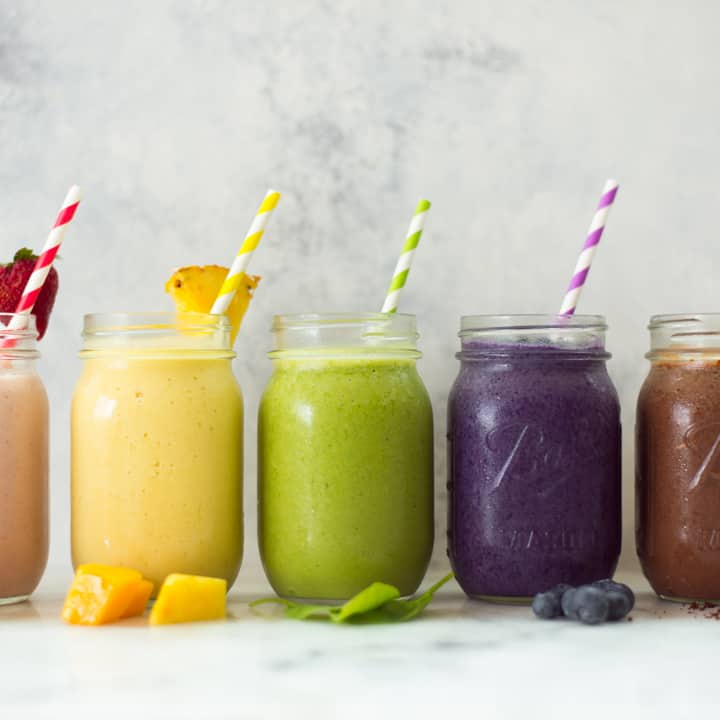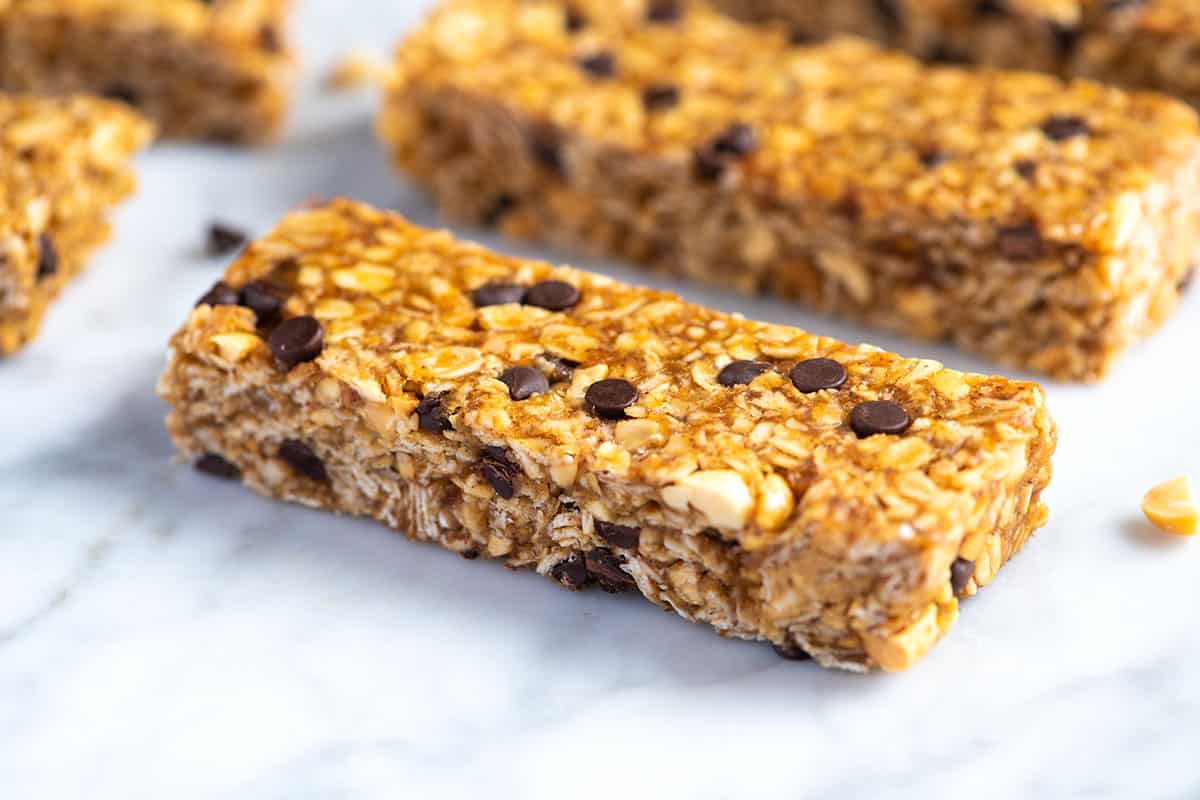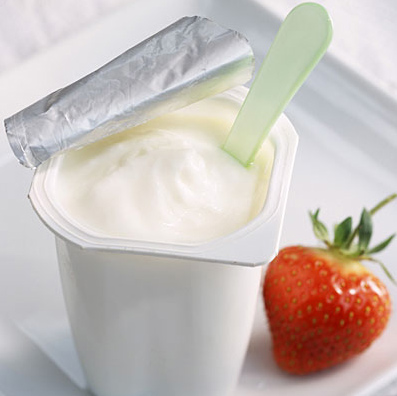Health Foods That May Not Be as Nutritious as You Thought
In our quest for better health and well-being, we often turn to “health foods” as a means to achieve our goals. These products are marketed as nutritionally superior options, promising to support our bodies with vital nutrients. However, not all health foods live up to their claims. In this article, we will delve into some commonly perceived “health foods” that may not be as nutritious as you thought.
The Deceptive Nature of Smoothies

Smoothies have gained immense popularity as a convenient and tasty way to incorporate fruits and vegetables into our diets. While they can indeed be nutritious, many store-bought or pre-packaged smoothies contain added sugars and artificial ingredients, compromising their health benefits. It is essential to read the labels carefully and opt for homemade or freshly prepared smoothies using whole, unprocessed ingredients.
Hidden Sugars in Granola Bars

Granola bars are often perceived as a quick and healthy snack choice. However, several commercial granola bars contain high amounts of added sugars and unhealthy fats. Despite their association with being a “health food,” these bars can contribute to weight gain and blood sugar imbalances. Look for granola bars with minimal ingredients, low added sugars, and higher fiber content to ensure a healthier option.
Misleading Low-Fat Yogurts

Low-fat yogurts are widely consumed by individuals aiming to maintain or lose weight. Nevertheless, what these yogurts lack in fat, they often compensate for with excessive amounts of sugar. To enhance flavor and maintain texture, manufacturers often add sweeteners and artificial additives to low-fat yogurts. Instead, choose plain Greek yogurt and add your own fresh fruits or natural sweeteners for a more nutritious alternative.
Overestimated Benefits of Gluten-Free Products
Gluten-free diets have gained significant attention, even among individuals without gluten sensitivities or intolerances. While essential for those with celiac disease or gluten-related disorders, gluten-free products are not inherently healthier than their gluten-containing counterparts. In fact, they can be lower in fiber and essential nutrients. Unless necessary, opt for whole grains containing gluten for a well-rounded diet.
Insufficient Nutrients in Pre-Packaged Salads

Pre-packaged salads are often perceived as a healthy choice for busy individuals. However, these convenient options may lack the necessary nutrients we expect from a wholesome meal. The freshness and nutrient content of pre-packaged salads can diminish over time, and the dressings provided often contain unhealthy additives and excessive amounts of sodium. Consider preparing your own salads using fresh, organic ingredients to ensure optimal nutrition.
The Fallacy of Vitamin-Enhanced Waters
Vitamin-enhanced waters are marketed as a refreshing way to stay hydrated while providing essential vitamins and minerals. However, many of these beverages contain high amounts of added sugars, artificial colors, and flavors. Furthermore, the added nutrients may not be in a bioavailable form, making them difficult for our bodies to absorb. Opt for plain water infused with natural fruits or herbs for a healthier and more hydrating option.
Conclusion
When it comes to health foods, it is crucial to look beyond the marketing claims and delve into the actual nutritional content. Smoothies, granola bars, low-fat yogurts, gluten-free products, pre-packaged salads, and vitamin-enhanced waters may not always live up to their perceived health benefits. By being mindful of ingredients, reading labels, and opting for whole, unprocessed foods, we can make more informed choices and truly nourish our bodies.













